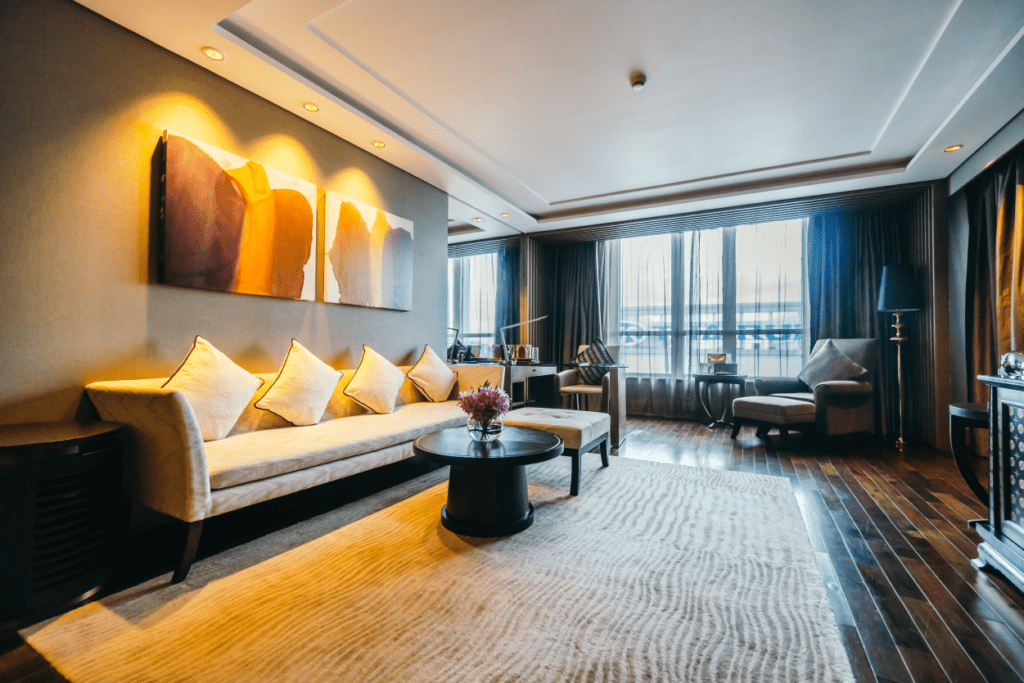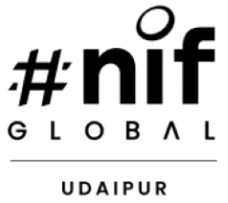Overview & Learning Outcomes of m.des

About m.des
A Master of Design (M.Des) degree is an advanced educational program focused on honing creative skills, fostering innovative thinking, and developing professional expertise in various design disciplines. This degree encompasses a wide range of specializations such as industrial design, graphic design, interior design, fashion design, and interaction design, among others. Students in M.Des programs engage in a combination of theoretical coursework, practical studio work, and research projects, allowing them to explore design principles, methodologies, and applications deeply. The benefits of earning an M.Des degree include enhanced career opportunities, as graduates are equipped with advanced skills that are highly valued in the design industry.
Semester 1
- Basics Of Fashion
- Basics Of Fashion
- Textile Embroidery and Printing
- Introduction To Pattern Making and Construction
Semester 2
- Advance Fashion Rendering
- Fabric Construction and Ornamentation
- Mid Segment Fashion Model
- Basics Of Business of Fashion
- Sewing And Pattern Making for Women
Semester 3
- Clothing Industry Overview
- Pattern Grading and Garment Construction for Men
- Advance Textile Study
- Principles Of Retailing
- World Fashion History
Semester 4
- Fashion design and industry overview
- Pattern Grading & Garment Construction: Unisex
- Textile science
- Apparel marketing management
- History of Indian fashion
Semester 5
- Design Studio: Haute Couture
- Quality Control for Fabrics
- Care And Renovation Of Textiles
- Garment Up Cycling
Semester 6
- Design Studio: Avant Garde
- Quality Control: AQL
- Textile Finishes
- Apparel Reconstruction and Deconstruction
- Dissertation
Learning Outcomes
- Gain comprehensive knowledge and skills: Know your chosen field
- In-Depth understanding of industry: Know the market demands & consumer
- Knowledge of design software and techniques: Field essential
- Cultivate creativity, innovation, and problem-solving abilities
- Effective communication and presentation skills: Articulate Design Concepts
- Technical Skills: Create & Design
- Acquire hands-on experience through internships, industry projects, and practical workshops.
- Develop a professional portfolio showcasing design projects, techniques and achievements.
- Build a strong network of industry contacts through mentorship
- Programs and industry collaborations.
- Creative Development: Understanding of color theory & trends
- Business Acumen: Market knowledge & business management




